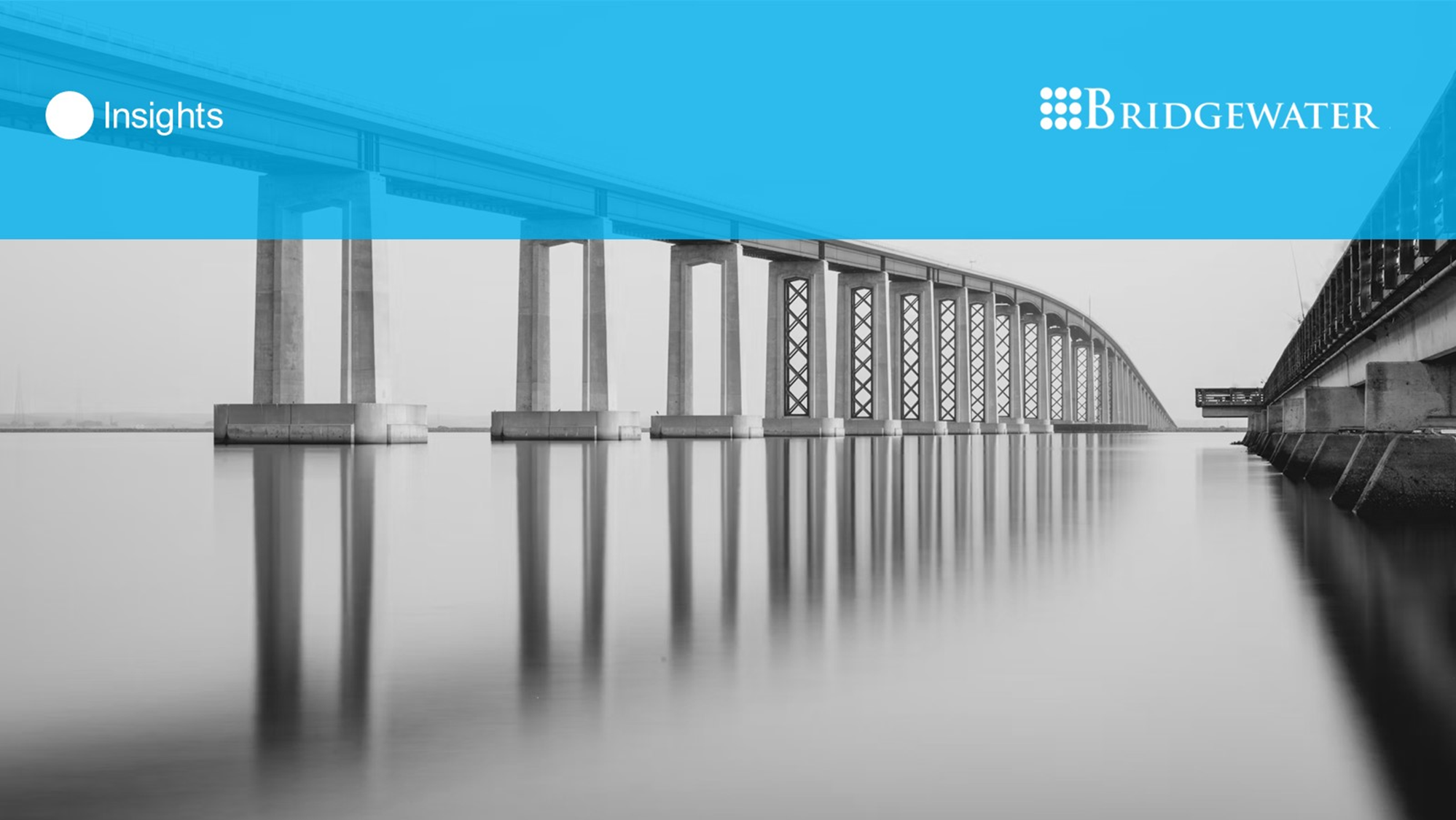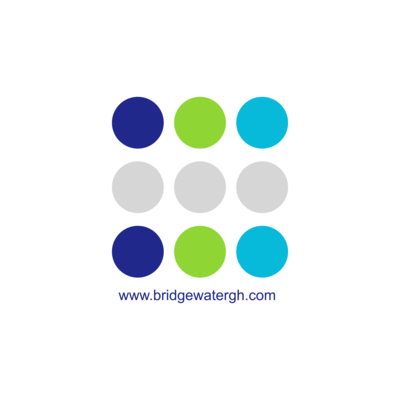
Cutting Through The Complexities Of FDI In Africa: Political And Economic Risks
 Bridgewater Insights | 17th March 2025
Bridgewater Insights | 17th March 2025

 Bridgewater Insights | 17th March 2025
Bridgewater Insights | 17th March 2025
Introduction
Africa has long
been a land of untapped potential, a continent rich with natural resources,
diverse cultures, and a youthful population poised to transform its future.
Yet, foreign direct investment (FDI), widely recognized as a key driver of the
continent’s economic growth, has faced significant barriers. While Africa's
appeal as an investment destination is undeniable, the complexities of
political and economic risks continue to cloud its prospects.
With Africa’s
economic growth projected to reach 4% in 2026, the continent now more than ever
requires enormous capital to drive its upward economic trajectory. Yet, the
critical question persists: Can Africa balance its risks and opportunities to
sustain and expand its appeal to investors?
Africa’s Investment Appeal
According to UNCTAD, Africa’s FDI in 2024 experienced a remarkable 84% surge, reaching $94 billion which was largely driven by Egypt’s $50 billion megaproject in the Ras El-Hekma peninsula. Without this, the continent still achieved a notable 23% increase, significantly surpassing the global average of 11%. This upward trend underscores the growing interest of investors in Africa.
One of Africa’s
investment appeal lies in its abundant natural resources. Africa is home to 30%
of the world’s mineral reserves, including critical commodities like cobalt,
gold, and rare earth metals, which are indispensable to global industries. The
Democratic Republic of Congo alone holds about 70% of the world’s cobalt
reserves, positioning it as a critical player in the global electric vehicle (EV)
battery market. The continent’s agricultural potential is equally immense, with
vast arable land capable of feeding millions beyond its borders.
Africa’s appeal
doesn’t stop at its resource wealth. With 60% of its 1.4 billion population
under the age of 25, the continent is experiencing a demographic dividend that
could fuel decades of economic expansion. This youthful demographic advantage
represents both a source of growing consumer base and an energized workforce, to
drive innovation and growth in Africa.
The African
Continental Free Trade Area (AfCFTA) is another ace up Africa’s sleeve. By
creating a single market for goods and services with reduced tariffs and
streamlined trade regulations, AfCFTA aims to increase intra-African trade and
make cross-border investments more attractive. In fact, the AfCFTA could turn Africa
into one of the world’s largest single markets, potentially positioning the
continent as a major destination for foreign investors.
While these
developments paint a picture of immense promise for Africa, the road to
sustainable FDI inflows is riddled with political and economic risks posing significant
challenges.
Political Instabilities: A Barrier to Investment
Although
Africa’s potential is evident, emerging political instabilities cast a long
shadow over its investment landscape. Since 2020, Africa has witnessed
successful military coups in Burkina Faso, Chad, Guinea, Mali, and Sudan, while
failed coup attempts have rattled several other nations. In 2024 alone,
Sub-Saharan Africa recorded 35 non-international armed conflicts, spanning
countries such as the Democratic Republic of Congo, Ethiopia, Nigeria, and
Sudan, where insurgencies and internal strife continue to undermine rule of law.
Mass protests
and contentious elections further exacerbated Africa’s political instability. The
continent witnessed over 25 elections between 2023 and 2024. While countries
like Ghana, South Africa, and Namibia managed to conduct considerably free and
fair elections, others faced disruptions, delays, or contestations that fuelled
political unrest.
In regions with volatile political environments, the risk of abrupt policy reversals is high, discouraging long-term capital commitments. Typically, sectors such as mining and energy, which require significant upfront capital, are particularly vulnerable to such regime changes and fluctuating regulatory frameworks. Moreover, geopolitical tensions in the Middle East and Eastern Europe also impacted the continent’s capital flows.
Political instability
is often accompanied by its notorious twin: corruption. Unfortunately, many African
countries have been saddled with this canker for years. This, in so many ways,
has created a breeding ground for obscure regulatory processes and weak
judicial systems, discouraging long-term commitments from some global
investors. For Africa to unlock its full potential, political stability and
institutional integrity must become cornerstones of its investment thesis.
Economic Challenges and Investor Concerns
Political risks are
often intertwined with economic challenges, creating a dual layer of complexity
for investors in Africa. Chief among Africa’s economic challenges are inflation
and currency fluctuations. Countries like Zimbabwe have grappled with
hyperinflation, surging from 175% in 2023 to 635% in 2024. Within the same period,
Sudan and South Sudan also battled hyperinflations of 200% and 120%,
respectively. Also, Nigeria’s Naira and Malawi’s Kwacha experienced significant
depreciations of 104.38% and 66.82%, respectively, in 2024, making them one of
the worst-performing currencies globally. Similarly, Rwanda and Congo
experienced double-digit declines while moderate changes were observed in
Angola, Sierra Leone, Madagascar, and Burundi, where currency depreciations
ranged from 5.63% to 10.68%. These economic challenges make it difficult for
investors to repatriate earnings or forecast returns.
Further, several
African countries are grappling with high debt-to-GDP ratios, limiting their
fiscal ability to invest in critical infrastructure or provide incentives to
attract FDI. According to the IMF, 19 African nations faced significant debt
distress in 2023, with average debt-to-GDP ratios exceeding 60%. In many
instances, high debt levels in Africa often forces its governments to impose
austerity measures that end up dampening economic activity and negatively
impacting infrastructure development.
Imagine running a relay race where every baton exchange is delayed –
this is the reality of doing business in underdeveloped regions with inadequate
infrastructure, such as poor road networks, unreliable electricity, and limited
digital connectivity, impeding business progress. Here is the kicker – only 43% of Africa’s population has
access to electricity, compared to the global average of 90%, and its road
density averages 204 km per 1,000 square kilometres, compared to 1,100 km in
developed regions. These challenges not only inflate the operational costs of
businesses but also deter investors from tapping into the continent's full
potential, particularly in industries that rely heavily on logistics and
technology.
Balancing Risks and Opportunities: The Future of FDI in Africa
Despite these
challenges, Africa’s FDI potential remains undeniable. For that reason, investors
and policymakers are exploring innovative ways to navigate risks and capitalize
on opportunities.
Savvy investors
are increasingly adopting measures such as political risk insurance, hedging
against currency fluctuations, and embarking on public-private partnerships
(PPPs) projects to mitigate uncertainties. For example, in 2023 alone, over $10 billion worth of projects in Africa were covered with political risk insurance. Also, Kenya’s PPP model
in the energy sector attracted some US$3.2 billion investments in renewable
energy projects between 2021 and 2023. By collaborating with governments and
communities, these partnerships foster mutual trust and create more stable
investment environments.
Additionally, strengthening
regional integration through initiatives like AfCFTA can significantly mitigate
Africa’s investment risks and foster a more predictable business climate. It is
critical that the continent adopts a harmonized trade regime to reduces
bureaucratic red tape. This is because a more integrated economic bloc would likely
provide a buffer against external shocks, making the continent a safer bet for
investors.
Conclusion
Yes, Africa’s FDI landscape has political and economic issues, and yes
it will require some radical strategic reforms and regional integration efforts
to navigate these complexities. However, the continent has made significant
strides in turning its issues into steppingstones rather than stumbling blocks,
attracting significant investor interest. In view of that, further moderate
growth in FDI is expected in 2025, fueled by better financing conditions and a
rise in mergers and acquisitions (M&A) activity. Therefore, for investors
with the right risk management strategy, the continent remains a goldmine – one
that rewards resilience, patience, and a keen eye for opportunity.